Last Updated on August 2, 2021

PLOT: In August of 1892, Lizzie Borden attempts to form a lasting bond with her housemaid Bridget Sullivan. As her sanity slips, Lizzie implicates Bridget in the murder of Lizzie’s father and stepmother.
REVIEW: The infamous Lizzie Borden case has been chronicled at great length on the big and small screen alike over the years, and for whatever reason, the subject has invariably been given the convenient, exploitative camp-and-kitsch sensationalism of such fare as THE LEGEND OF LIZZIE BORDEN, LIZZIE BORDEN’S REVENGE, LIZZIE BORDEN TOOK AN AX, and most recently, The Lizzie Borden Chronicles. Finally, as you can see when it opens in select theaters this Friday (September 14th), Craig William Macneill’s revitalizing new movie LIZZIE inverts the material in favor of a far more solemn and thoughtful exploration of the titular ax-murderer manqué. For the grizzled horror fanatic, such might be a turnoff. But gratefully, due to a pair of top-tier performances by its two electric leading women – Chloe Sevigny and Kristen Stewart – and a densely penned, deliberately plotted screenplay by Bryce Kass, the tradeoff of gratuitous gore for well-earned dramatic dread more or less pays off as a worthy investment. More of a granular bio-drama than an outright horror adaptation, with a few complaints aside, LIZZIE excels as a quiet, contemplative character study of a young girl grappling with undiagnosed psychosis.
Massachusetts, August 1892. Lizzie Borden (Sevigny) is a troubled young girl living with her abusive father Andrew Borden (Jamey Sheridan), her wicked stepmother Abby (Fiona Shaw), and older sister Emma (Kim Dickens). As the story begins, a new Irish housemaid names Bridget Sullivan (Stewart) is recruited to oversee the Borden house. Bored by her household chores, Lizzie attends the theater alone one night and has a violent seizure, perhaps due to undiagnosed epilepsy. As a result, Bridget nurses Lizzie back to health every time she seizes or contracts a fever, allowing the two private moments of intimacy that slowly blossom over time. Meanwhile, a rash of threatening letters written in the same hand continues to be sent to the Borden house by a mysterious person. Moreover, because of Lizzie’s ill repute and Andrew’s shady business dealings, the Borden house is constantly besieged by threats of violence and insolent protestation. Because of this instability, Andrew asks his business partner John Morse (Denis O’Hare) to look after his girls, should anything happen to him. Of course, we know Andrew eventually gets noggin split like a ripe summer squash!
One of the impressive things Macneill does in the film is reenact that fateful day on August 3th, 1892. But he does so in a way meant to reflect the fractious mind-state of Lizzie, with the event told in disjointed flashback. This may sound confusing, and is a little at first, but when you come to realize how Macneill is trying to depict the turbulent mentality and deranged pathology of Lizzie’s mind, the approach becomes much more admirable. You can actually see Lizzie, played with an expressionless vacuity by Chloe Sevigny in a commanding turn, start to believe the elaborately calculated lies she’s committed, which is quite unnerving to witness. It’s one thing to watch a woman bludgeon her parents to death with an ax, but to watch that very woman convince herself of her innocence is where the true psychological vexation hits hardest in LIZZE. The performance may register as one note, but it’s by design, as Sevigny’s staid stoicism aptly conveys Lizzie’s absent-minded madness.
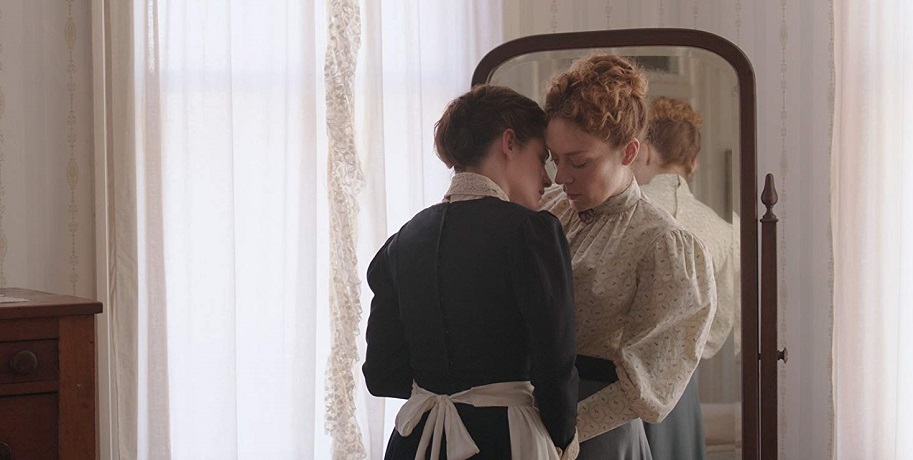
Conversely, Stewart as Sullivan balances it out by emoting across the entire gamut. When Bridget receives a letter informing her that her mother died, her sadness is consoled into a steamy Sapphic sex-affair by Lizzie atop a barnyard haystack. It’s a stunning sight, but like the rest of films tone and tenor, handles the material with arresting elegance rather than cheap, quasi-pornographic gratuity. Stewart and Sevigny, who’re always daring and undaunted performers on their own, share a chemical valence that lights up the screen. These two tremendous actresses have been at for such a long time, that it becomes what is communicated between the words that speak most volubly. The subtle facial expressions and nuanced eye-contact, particularly of Stewart, give the characters a depth that would simply be unafforded with lesser actors. You can see why this was such a passion project for Chloe Sevigny, who spent nearly a decade shepherding the LIZZIE to the big-screen. That the movie went through so many hoops, including a short flirtation with HBO, and was ultimately filmed in just 23 days, is an undoubted testament to the high-quality craftsmanship of all involved.
The main issue I think most viewers will have with LIZZIE, horror fans in specific, is the slow-roasting simmer of the movies tempo. Indeed, the film takes its time to unspool, but does so in a way meant to illustrate the slow passage of time back in 1892, and how little there was to do for entertainment in that era. It’s also due to good old fashion storytelling, where story wrinkles and important plot-turns are slowly disseminated as a means of avoiding confusion. There’s a lot going on in Kass’ screenplay, and the way to deftly present all the moving parts, careful time must be taken. For instance, there’s a subplot involving Andrew Borden’s abusive behavior towards Lizzie, which tows the line between excusing her murderous motives and justifying them as the right course of action to take. It’s a compelling subplot that’s given the requisite time needed to be fully fleshed out and, as we see in Lizzie’s decision in the end, one she convincingly arrives at. I know the pacing is a bit languid, but it’s done so deliberately, and does not take away from the movies overall impact. It may actually enrich it.
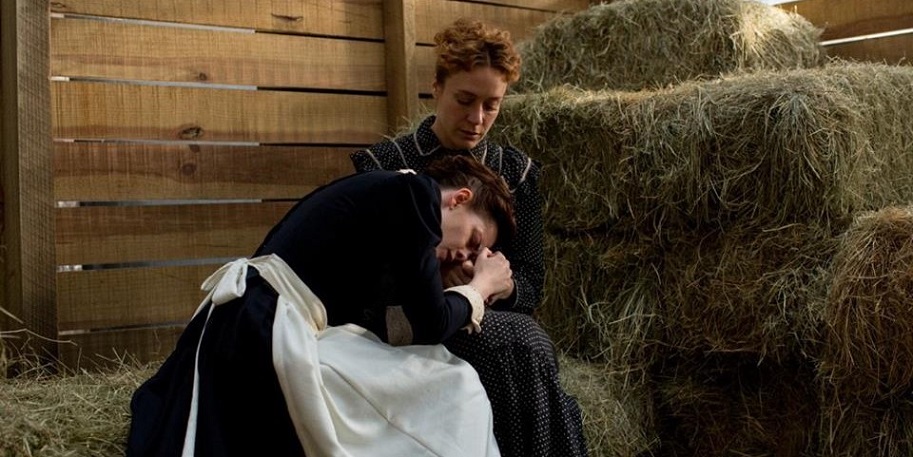
All in all, LIZZIE is a refreshingly unconventional slant on the infamous unsolved Borden murders. Anchored by top-flight turns by two of America’s finest actresses in Sevigny and Stewart, the swapping of cheap horror thrills for a compelling dramatic retelling of the 1892 massacre, is a wise one indeed.





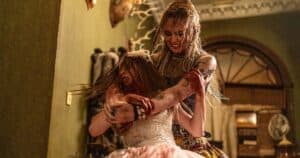



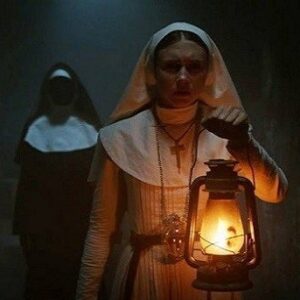

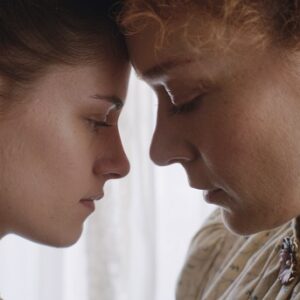

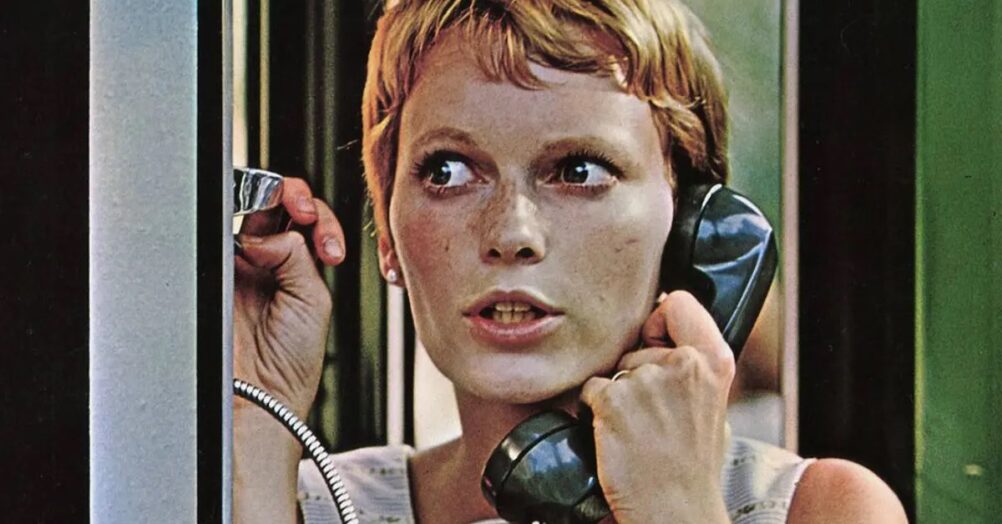
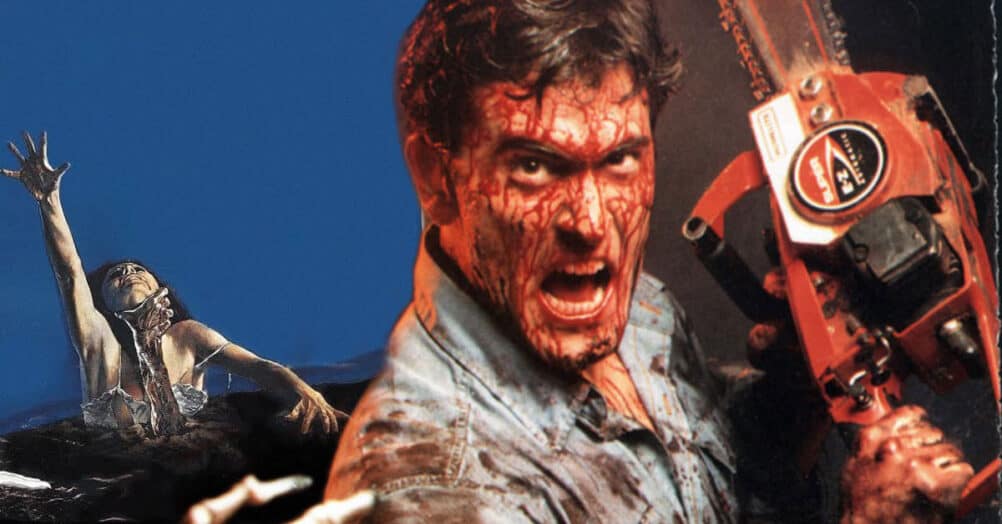

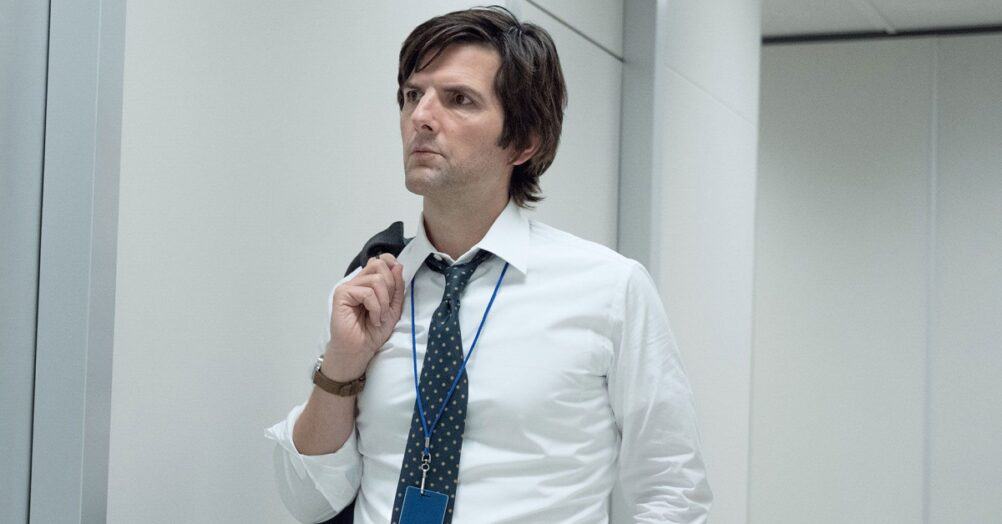
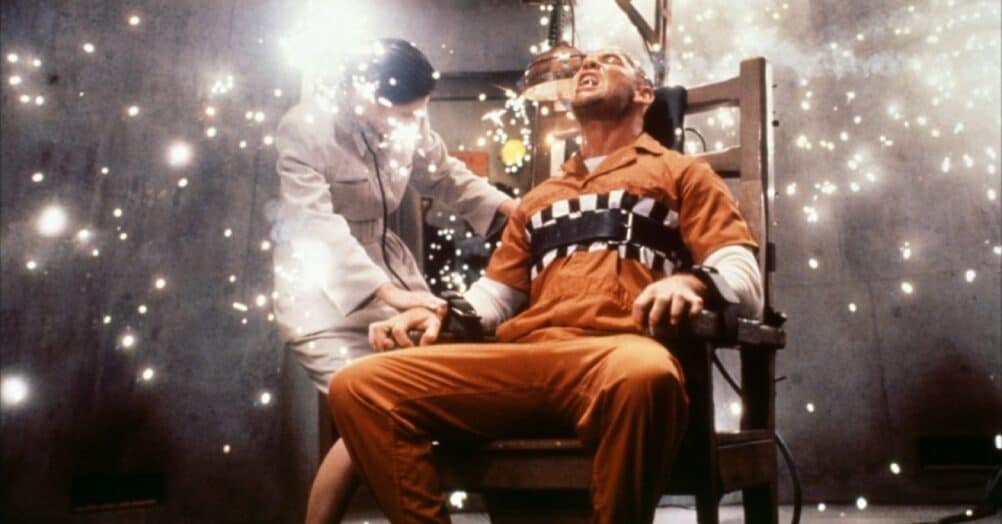
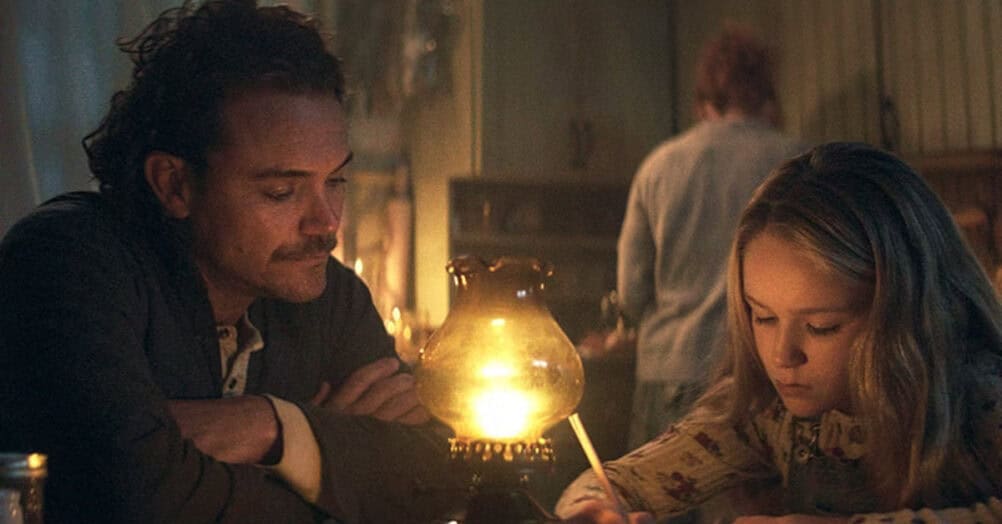
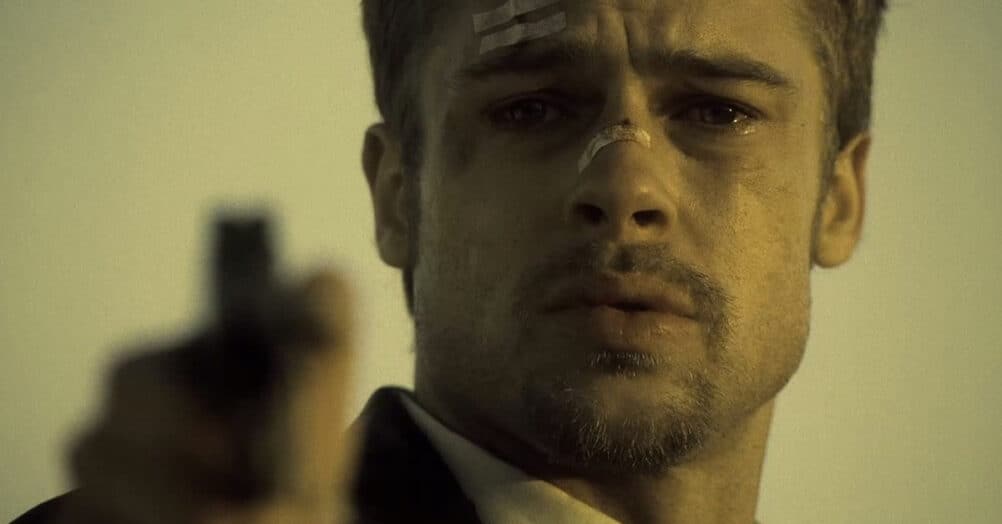
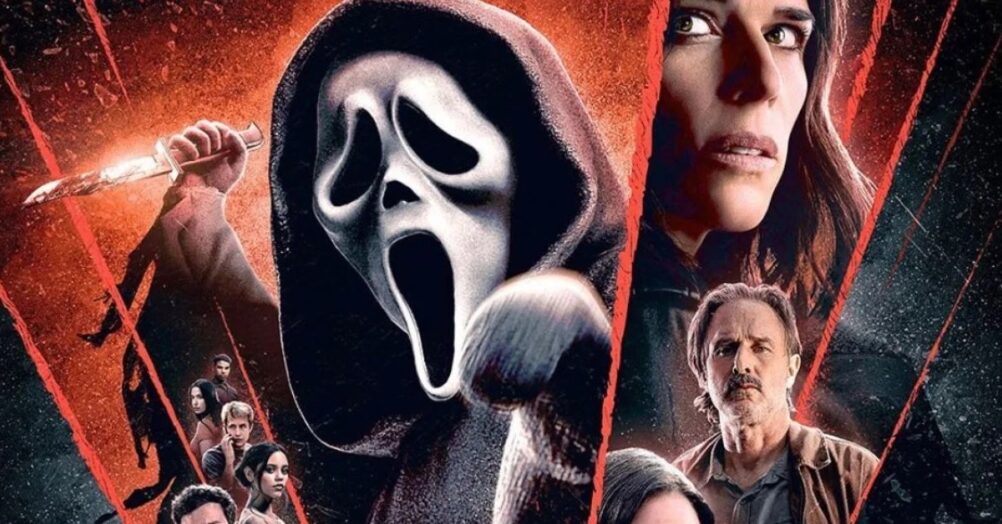
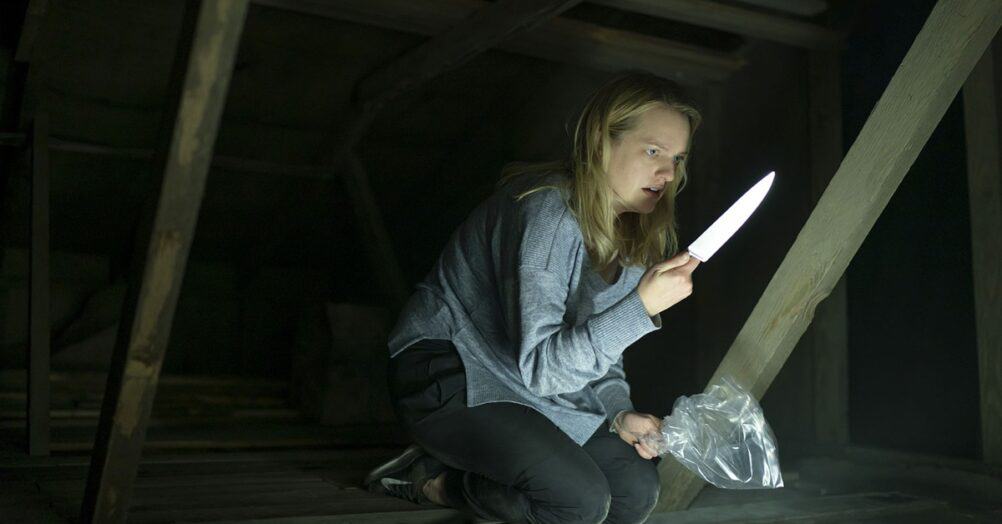
Follow the JOBLO MOVIE NETWORK
Follow us on YOUTUBE
Follow ARROW IN THE HEAD
Follow AITH on YOUTUBE